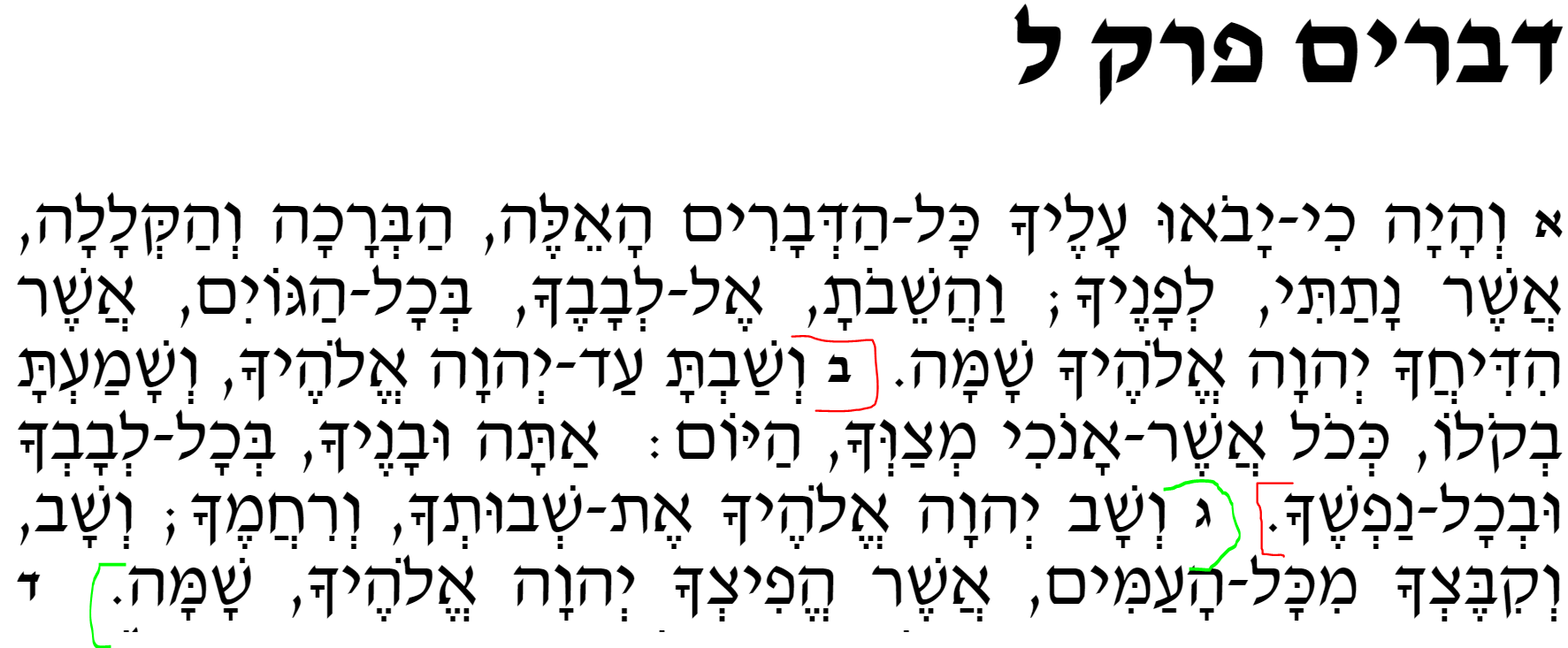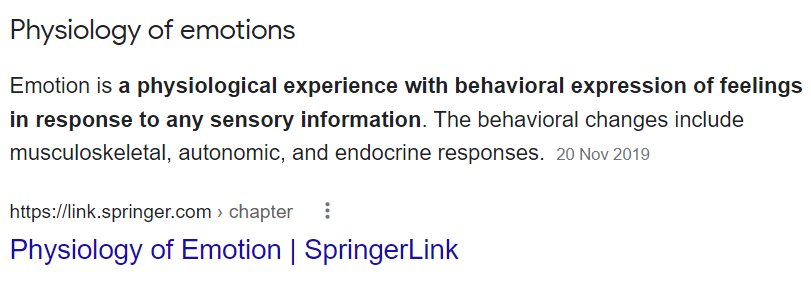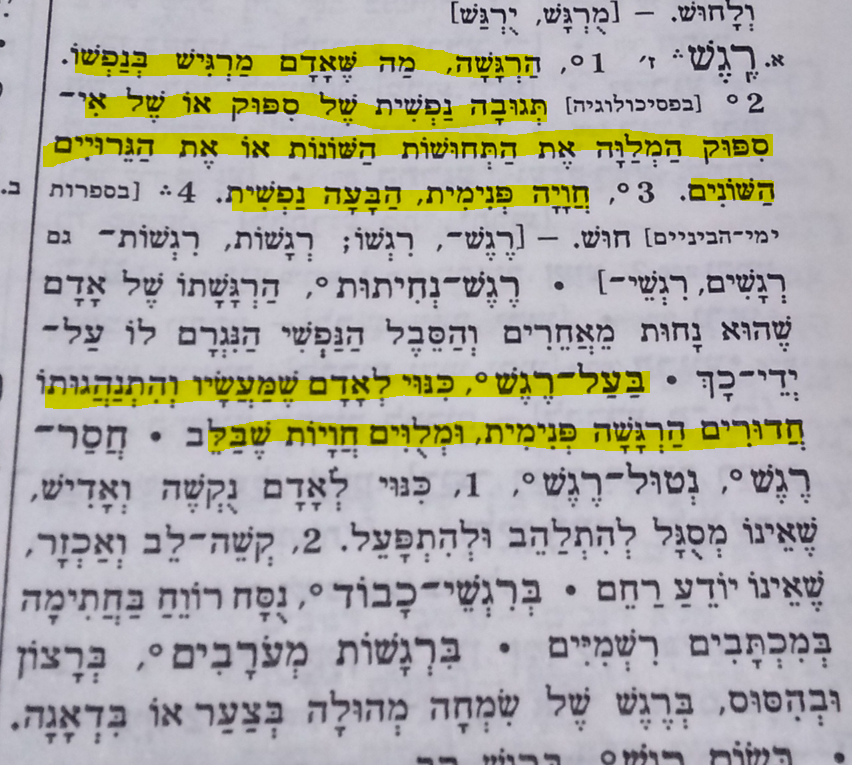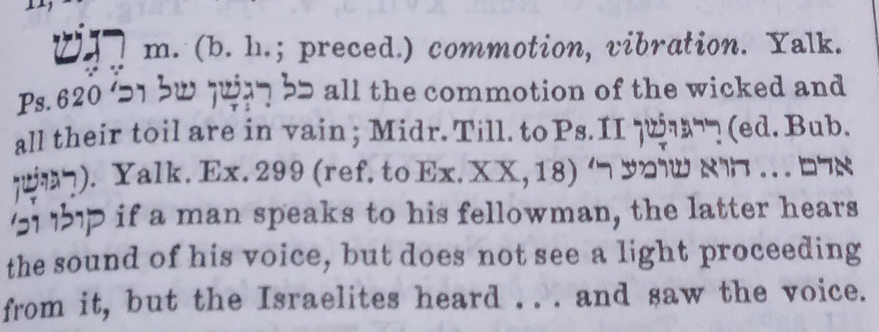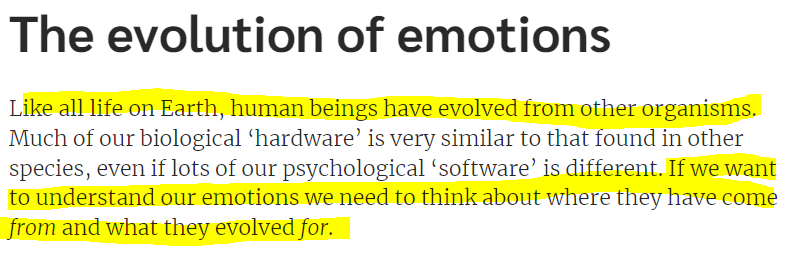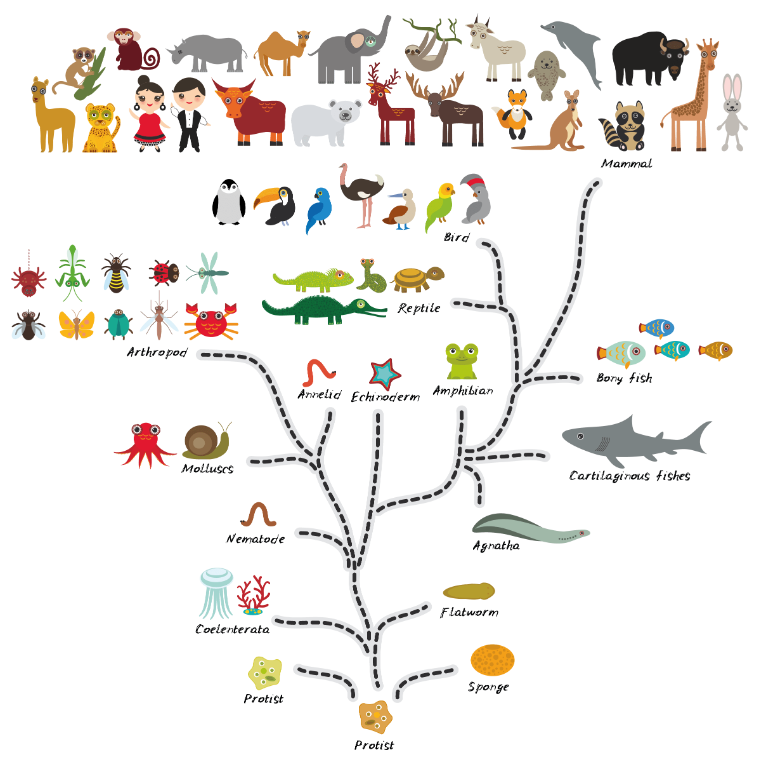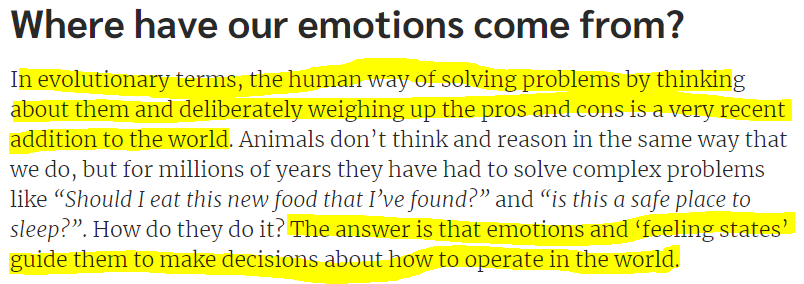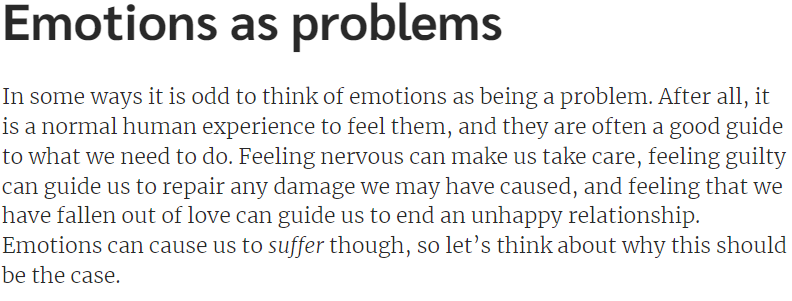Not true. There is nothing stated by the Navi from the people of that generation that is remotely what I have written as you can see below.
It's right there ^^ Clearly, the prophet is saying HaShem IS effected by their sin. The people ask, "?הֲיִקְבַּ֨ע אָדָ֜ם אֱלֹהִ֗ים" That is the same thing as saying, "How can I effect HaShem?" Then the prophet corrects them and says what you have bracketed in red and green. The prophet is telling them that the actions of the people DO effect HaShem. Otherwise, who cares if the ma'aser and terumah are offered or not. If HaShem isn't effected, doesn't care, has no feelings, then the people are correct, and their argument is valid.
Can you please quote, in Hebrew, where they make a clear statement of:
First of all, who said this? Is this more Rambam? When was this written? Is it *actually* ancient?
Second, does the justification for this assertion make any sense at all? What does Psalms 24 have to do with HaShem's emotive capability?
Third, you want another example, something clear, besides what Mosheh says?
Bartenura comments on Pikei Avot 3:10
... רַבִּי חֲנִינָא בֶן דּוֹסָא אוֹמֵר
כָּל שֶׁרוּחַ הַבְּרִיּוֹת נוֹחָה הֵימֶנּוּ, רוּחַ הַמָּקוֹם נוֹחָה הֵימֶנּוּ. וְכָל שֶׁאֵין רוּחַ הַבְּרִיּוֹת נוֹחָה הֵימֶנּוּ, אֵין רוּחַ הַמָּקוֹם נוֹחָה הֵימֶנּוּ
:ברטנורא
כָּל שֶׁרוּחַ הַבְּרִיּוֹת נוֹחָה הֵימֶנּוּ. כָּל מִי שֶׁאָהוּב לְמַטָּה בְּיָדוּעַ שֶׁהוּא אָהוּב לְמַעְלָה
Or...
Tomer Devorah 1:8-9
הד' - לשארית נחלתו - הִנֵּה הַקָּדוֹשׁ בָּרוּךְ הוּא מִתְנַהֵג עִם יִשְׂרָאֵל בְּדֶרֶךְ זֶה לוֹמַר מַה אֶעֱשֶׂה לְיִשְׂרָאֵל וְהֵם קְרוֹבָי שְׁאֵר בָּשָׂר יֵשׁ לִי עִמָּהֶם שֶׁהֵם בַּת זוּג לְהַקָּדוֹשׁ בָּרוּךְ הוּא וְקוֹרֵא לָהּ בִּתִּי, אֲחוֹתִי, אִמִּי. כְּדְפֵרְשׁוּ ז"ל וּכְתִיב יִשְׂרָאֵל עַם קְרוֹבוֹ מַמָּשׁ קֻרְבָה יֵשׁ לוֹ עִמָּהֶם וּבָנָיו הֵם. וְהַיְנוּ לִשְׁאֵרִית נַחֲלָתוֹ לָשׁוֹן שְׁאֵר בָּשָׂר וְסוֹף סוֹף הֵם נַחֲלָתוֹ. וּמַה אֹמַר, אִם אַעֲנִישֵׁם הֲרֵי הַכְּאֵב עָלַי כְּדִכְתִיב (יְשַׁעְיָה סג, ט) בְּכָל צָרָתָם לוֹ צָר. כְּתִיב בְּ'אַלֶף' לוֹמַר שֶׁצַּעֲרָם מַגִּיעַ לְפֶלֶא הָעֶלְיוֹן וְכָל שֶׁכֵּן לְדוּ פַּרְצוּפִין שֶׁבָּהֶן עִיקָר הַהַנְהָגָה וְקָרֵינַן בְּ'וָאו' לוֹ צָר. וּכְתִיב (שֹׁפְטִים, ז) וַתִּקְצַר נַפְשִׁי בַּעֲמַל יִשְׂרָאֵל לְפִי שֶׁאֵינוֹ סוֹבֵל צַעֲרָם וּקְלוֹנָם מִפְּנֵי שֶׁהֵם שְׁאֵרִית נַחֲלָתוֹ.
"k'rovo mamash" + "sh'air bashar" = HaShem is effected, HaShem cares, HaShem has emotions.
This is completely irrelevant to whether or not HaShem has emotions, nor whether nor not HaShem is effected by our actions.




